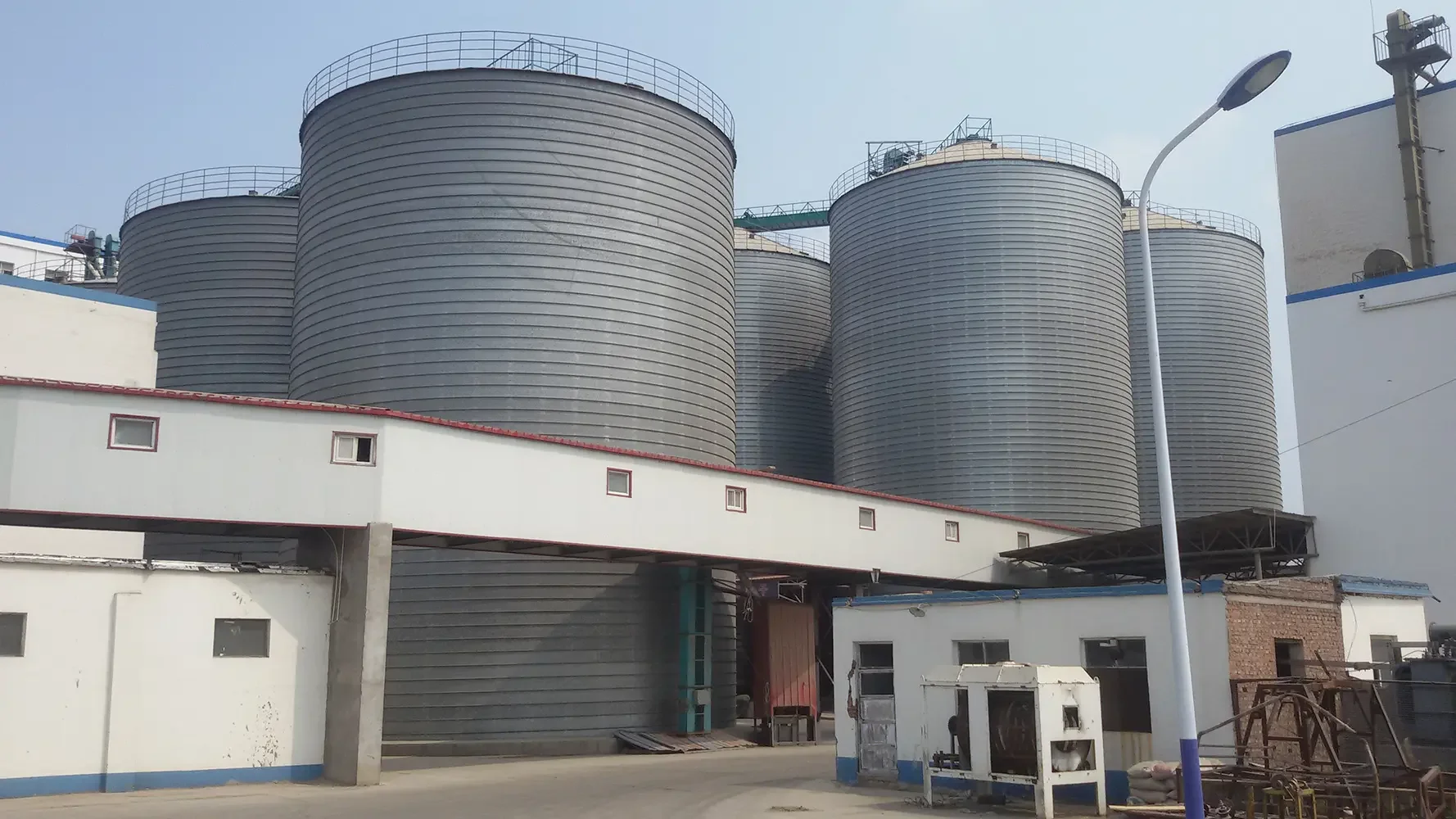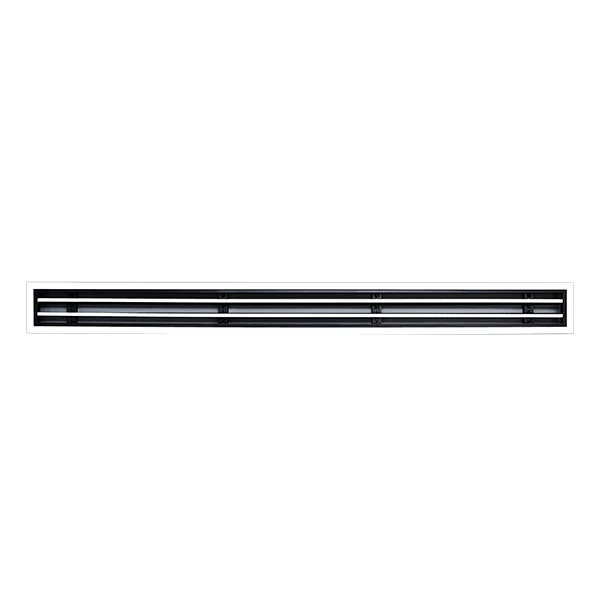When it comes to constructing or renovating a building, one crucial aspect to consider is the durability of the walls. The choice of wall material can significantly impact the longevity and resilience of a structure. In this article, we delve into the realm of construction materials to uncover the most durable type of wall, providing you with valuable insights and practical knowledge.
- Reinforced Concrete Walls:
Reinforced concrete walls stand tall as one of the most durable options available. Combining the strength of concrete with the reinforcement of steel bars, these walls offer exceptional resistance to external forces, such as earthquakes and extreme weather conditions. Their ability to withstand the test of time makes them a popular choice for high-rise buildings and structures in seismic zones. - Structural Insulated Panels (SIPs):
Structural Insulated Panels, or SIPs, have gained recognition for their durability and energy efficiency. Comprising a foam core sandwiched between two layers of oriented strand board (OSB), SIPs provide excellent insulation and structural integrity. These walls are known for their resistance to moisture, mold, and pests, making them a durable and sustainable option for both residential and commercial buildings. - Rammed Earth Walls:
Rammed earth walls have been used for centuries and continue to prove their durability in modern construction. This technique involves compacting layers of earth, such as clay, gravel, and sand, within a formwork. Once dried and hardened, these walls exhibit impressive strength and thermal mass, providing natural insulation and reducing energy consumption. Rammed earth walls also offer excellent fire resistance and are environmentally friendly. - Fiberglass-Reinforced Panels (FRPs):
Fiberglass-reinforced panels are a lightweight yet robust option for durable walls. Composed of a fiberglass layer infused with a polymer resin, FRPs possess exceptional strength-to-weight ratio, making them resistant to impacts, corrosion, and moisture. These walls find applications in industrial settings, laboratories, and areas prone to chemical exposure, where durability and hygiene are paramount. - Steel Stud Walls:
Steel stud walls have gained popularity due to their durability, versatility, and ease of installation. These walls consist of a steel frame covered with gypsum boards or other finishing materials. Steel studs offer resistance to fire, pests, and rot, ensuring long-lasting performance. Additionally, their non-combustible nature and recyclability make them an environmentally friendly choice.
Conclusion:
Choosing the most durable type of wall is crucial for ensuring the longevity and resilience of any structure. From reinforced concrete walls to steel stud walls, each material offers unique advantages in terms of strength, resistance, and sustainability. By considering factors such as location, budget, and specific requirements, one can make an informed decision to create a durable and secure environment. Remember, durability is the foundation of a lasting structure.



More Stories
Multi Linear Slot Diffuser Solutions for Contemporary HVAC Design
The Versatility of Fiberglass Woven Cloth in Industrial Applications
Water Based Car Spray Booth Solutions for Automotive Paint Systems